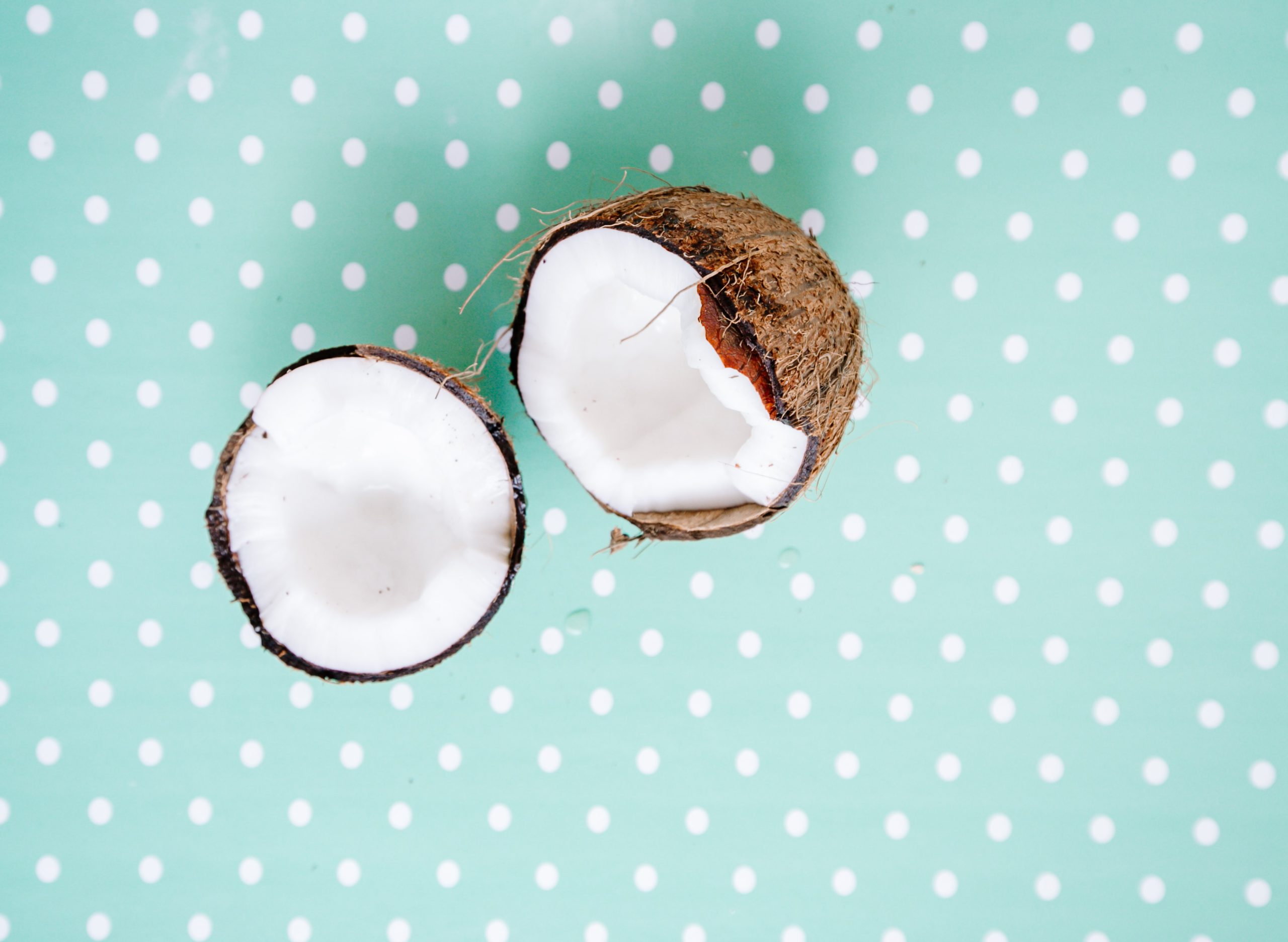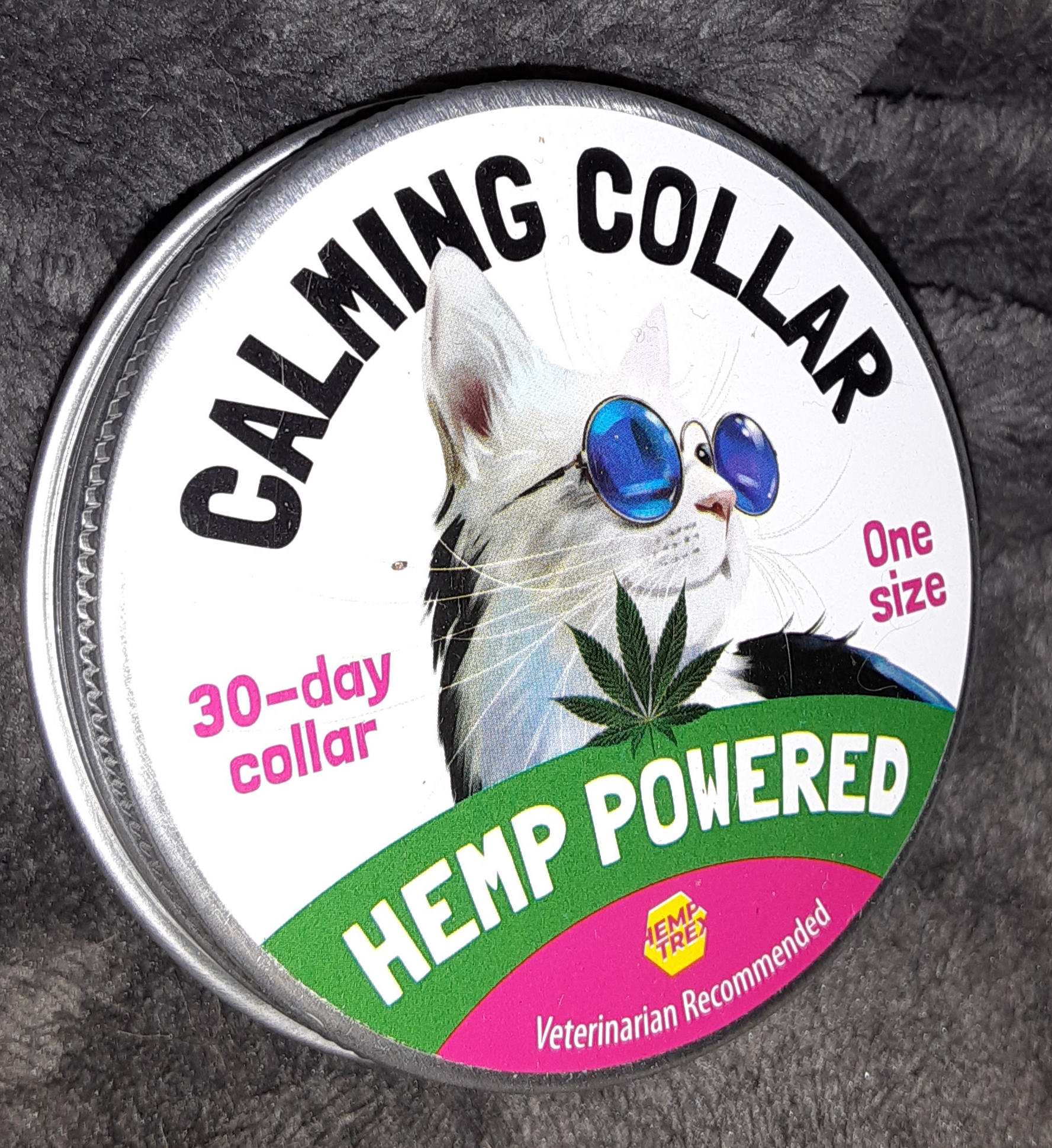From oil to coconut meat to coconut flour, coconut in many forms can be beneficial to add to your pet’s diet. Coconut oil can reduce inflammation, improve skin troubles, and fur. Coconut flour is a great substitute for wheat, a known allergen to some dogs.
Other potential nutritional benefits of coconut
Although widely anecdotal, scientific studies show coconut in all its forms has promise to help with a multitude of issues dogs may suffer from. As with humans, the study of affectiveness and benefit of coconut is still being researched. However we do know a few definative truths.
Coconut is proven to be:
- Antibacterial
- Natural probiotic
- Rich in medium-chain triglycerides (MCT)
- Rich In Lauric Acid
Coconut has the potential to help with the following issues.
- Joint pain
- Inflammation and circulation
- Improves digestion
- Brain function in older pets
- Freshens breath
- Beneficial as a tooth cleaner
- Diabetes
Why Coconut Flour?
There are several reasons why coconut flour is a good choice for your dog or cat especially if your pet has a wheat allergy. Coconut flour is gluten-free, it is considerably lower in calories than other flours. coconut is higher in fiber and protein than wheat flour. For pups that are a little chonky yet motivated by food, treats made with coconut flour could be a beneficial healthy option.
“Coconut meat is high in lauric acid, a medium-chain fatty acid. In less scientific terms, this basically means that the body is able to absorb the molecules whole, using them as a direct source of energy. Lauric acid is particularly good at fighting off viruses, such as influenza. It also helps treat yeast infections, ringworm, and Giardia. It also holds some major anti-inflammatory properties — it has greatly reduced swelling in rats during laboratory studies.”
–American Kennel Club

Coconut Oil
Coconut oil can be added directly to your pet topically. It can help with dry itchy patches and it can help maintain a shiny healthy coat. It is a great moisturizer for dry cracked paw pads as well. There is no reason to be concerned it your pet licks it off as it is not harmful.
In Sri Lanka Coconut oil is commonly used to treat mange and repel ticks
It can also be added to pet food as a supplement. Often times dog like the taste so it should be pretty easy to convince even a picky dog.
When adding to food a good rule of thumb is 1 tsp per 10lbs of weight
Can coconut flour be good in dog treats?
YES! Using coconut flour in whole or in part can be a great lower-calorie high protein treat your dog can enjoy.
However, “Flour” sounds a little misleading. Coconut flour is the meaty flesh of the coconut that has been dried and ground finely into a fine flour. It is an exciting ingredient to work with because it is very absorbent. When substituting coconut flour for a traditional flour like wheat, it is common to only add 1/2 the amount of flour. It does retain a coconut smell and flavor.
Dogs seem to have more of a sweet tooth than cats.
At home, we tried these. The dog enjoyed them and didn’t seem to notice the coconut, however, the cat is a little pickier.

We always think about doing what’s best for our pets. Along with nutritious treats, should you also invest in
As with most things, moderation is the key. But, Coconut is considered safe and overall it is good for dogs.
It can be a great addition to a pet’s diet. Even dogs like a varied snack. Whether you want to start with some coconut oil in their food, on their fur, or as an ingredient in a tasty treat, please start with a small amount to rule out any unexpected allergies or tummy upsets.
Having a sick pet is no fun. We recommend you think about investing in pet insurance Here are some thoughts on
pet insurance. It makes it much easier and less expensive if your pet DOES have a reaction. It is important check with your veterinarian before trying new dietary changes.






